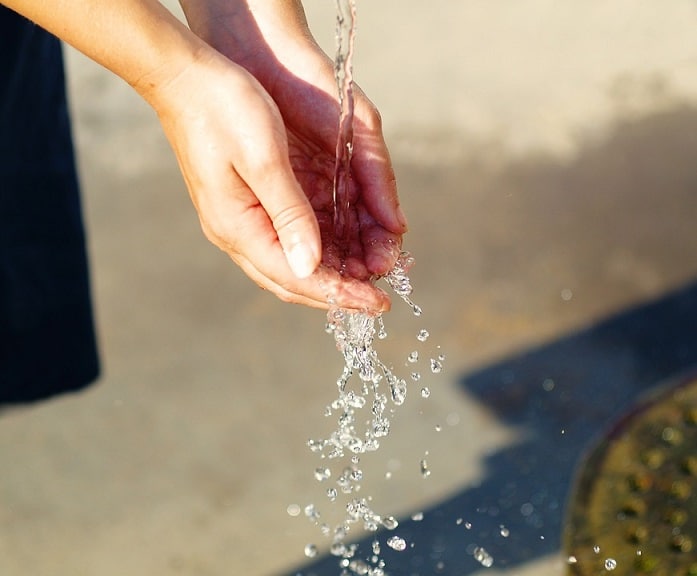For many years we have all been told that we should drink eight glasses of water per day, and that we should not wait until we are thirsty to drink water as we are already dehydrated by that time, but most individuals find this very hard to do.
A new study, recently published in the Proceedings of the National Academy of Sciences, may have shed some light as to why. The study suggests that we should only drink water when we are thirsty, after identifying a mechanism that makes drinking excess water challenging.
The human body is around 70% water, which is essential for human health as it aids every bodily function, which is why we are always being told to drink water regularly throughout the day in order to stay well-hydrated.
The Institute of Medicine (IOM), based on various previous studies, recommends that women should drink approximately 2.2 litres of total beverages daily and men should consume around 3 litres of total beverages daily. While total beverages do include other fluids such as juices, tea, coffee and other liquids, the majority should be plain water.
The research team asked a number of participants to drink large amounts of water immediately after exercising, when they were thirsty, and again later on in the day when they were not thirsty. In each condition, participants were asked to rate how difficult it was to swallow water. It was found that the participants found it three times more difficult to drink water when they were not thirsty.
Study co-author Michael Farrell, of the Biomedicine Discovery Institute at Monash University in Australia, said:
“Here, for the first time, we found effort-full swallowing after drinking excess water which meant they were having to overcome some sort of resistance. This was compatible with our notion that the swallowing reflex becomes inhibited once enough water has been drunk.”
Functional Magnetic Resonance Imaging (fMRI) was used on each of the participants, which allowed the team to measure brain activity just before they swallowed water in each experimental condition, and discovered that certain areas of the right prefrontal cortex of the brain showed significantly higher activity when participants had to make an effort to swallow the water, suggesting that this brain region “overrides” the swallowing inhibition to allow excess water consumption.
Researchers therefore stated that findings suggest that we may fare better by listening to the body’s needs when it comes to drinking water and should just drink according to thirst rather than an elaborate schedule. This however does not hold for younger children and older adults as neither of these groups has a very good thirst response and can get dehydrated very quickly.
Compare water coolers and rent water coolers from Living-Water.






